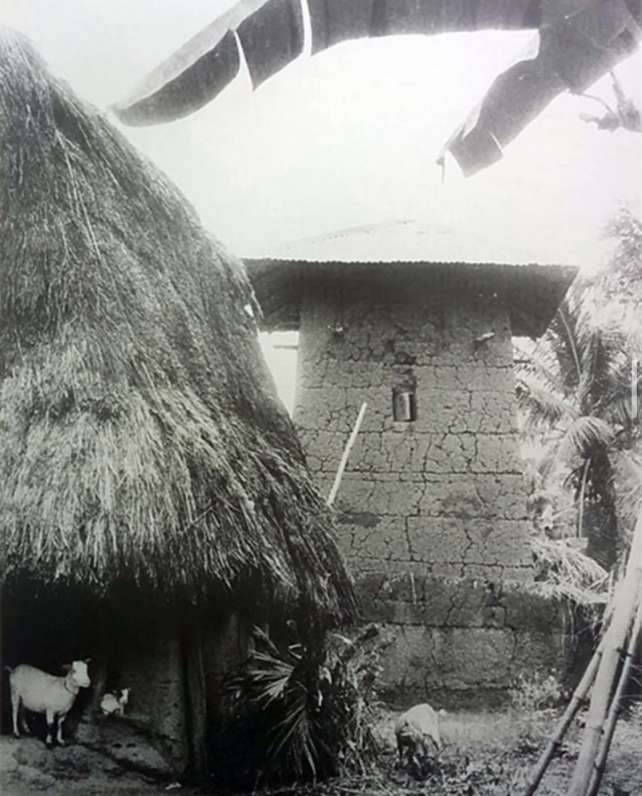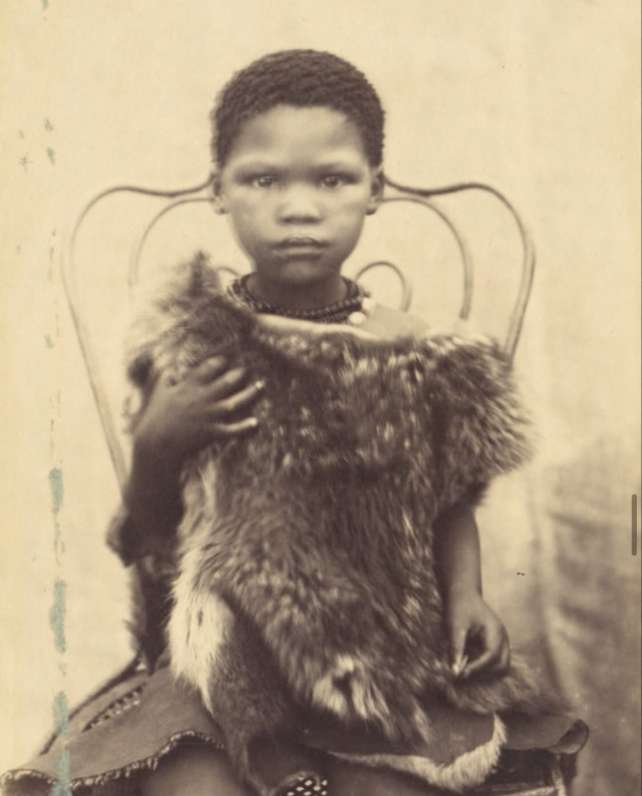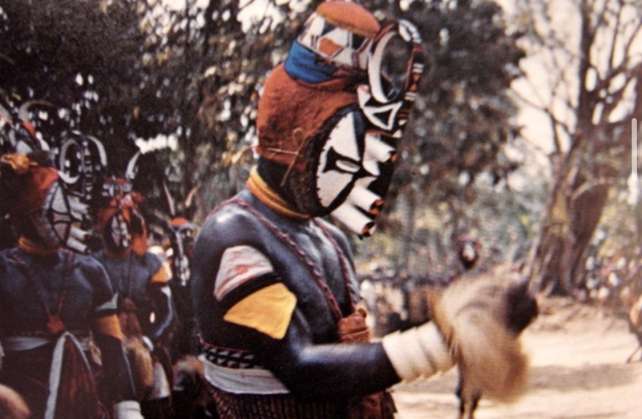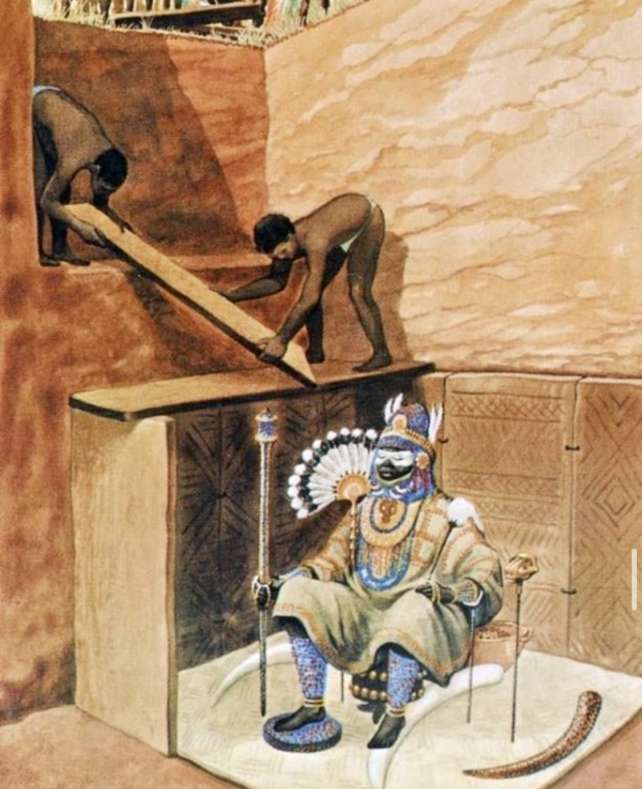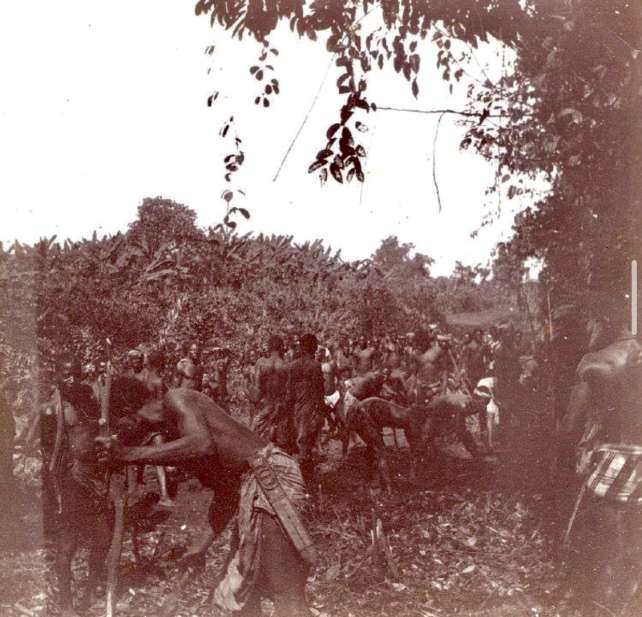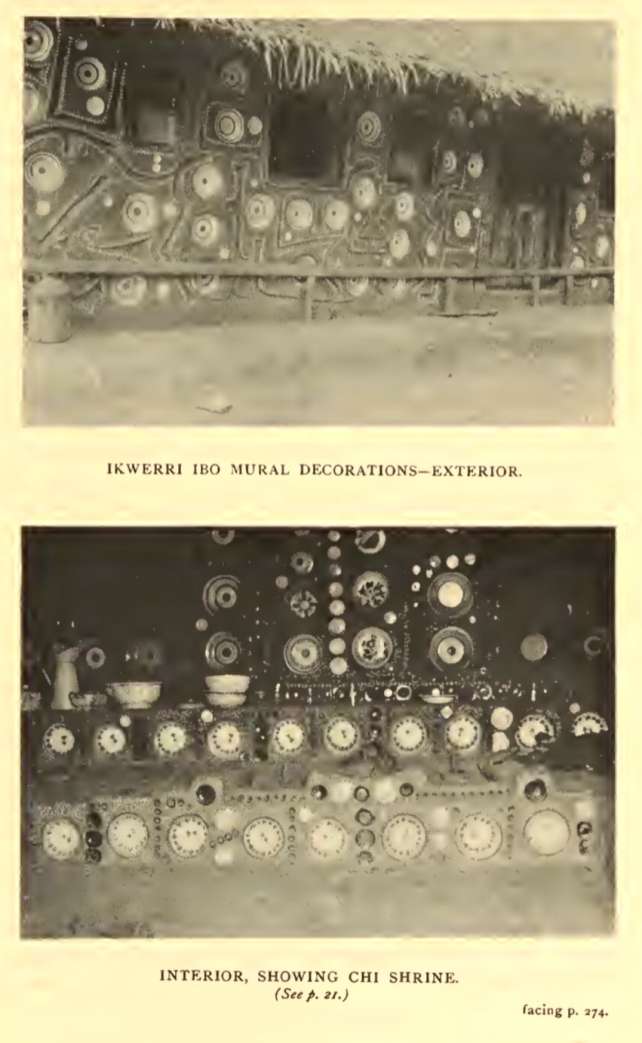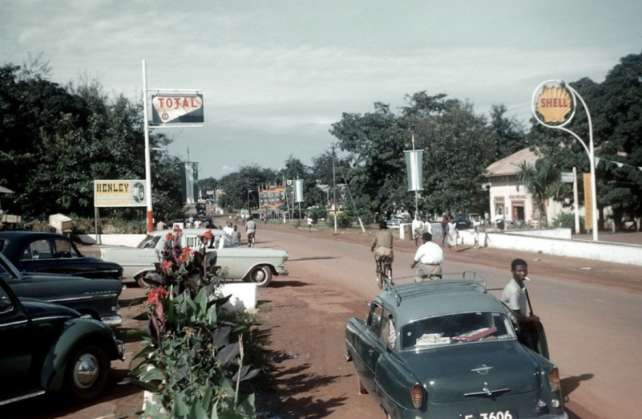Awka Nibo Nise. Compound of Nwankwo Irienzuo. House with tower in the background." Zbigniew Dmochowski.
These towers became popular in Igbo compounds around today's Anambra & Imo States due to the effects of the Atlantic slave trade which included raids in order to capture people to enslave.
The towers, also known as "war towers" and known in…
